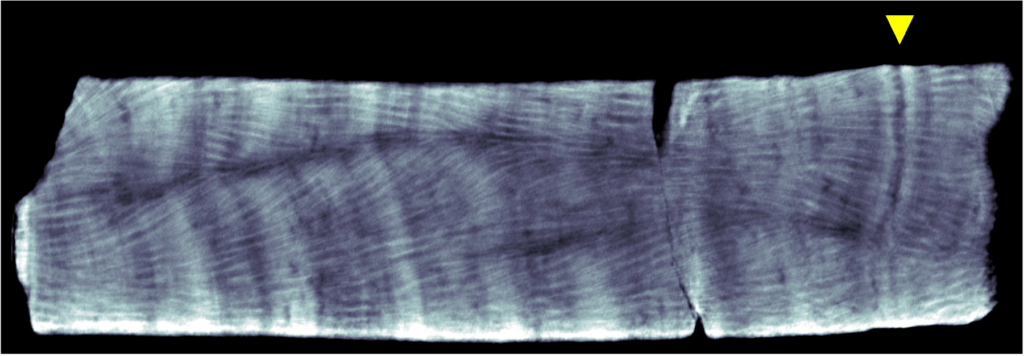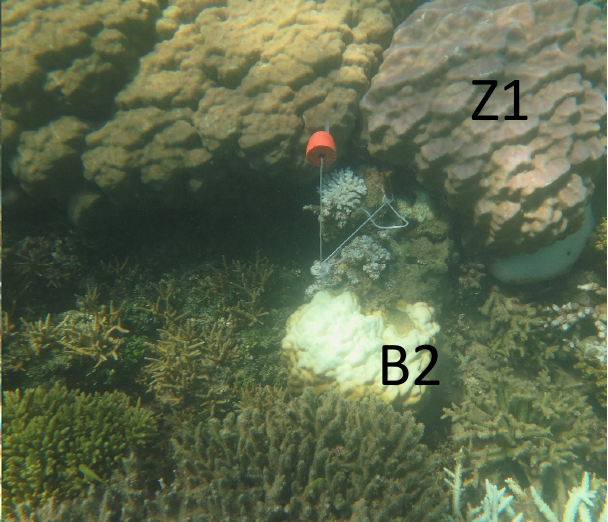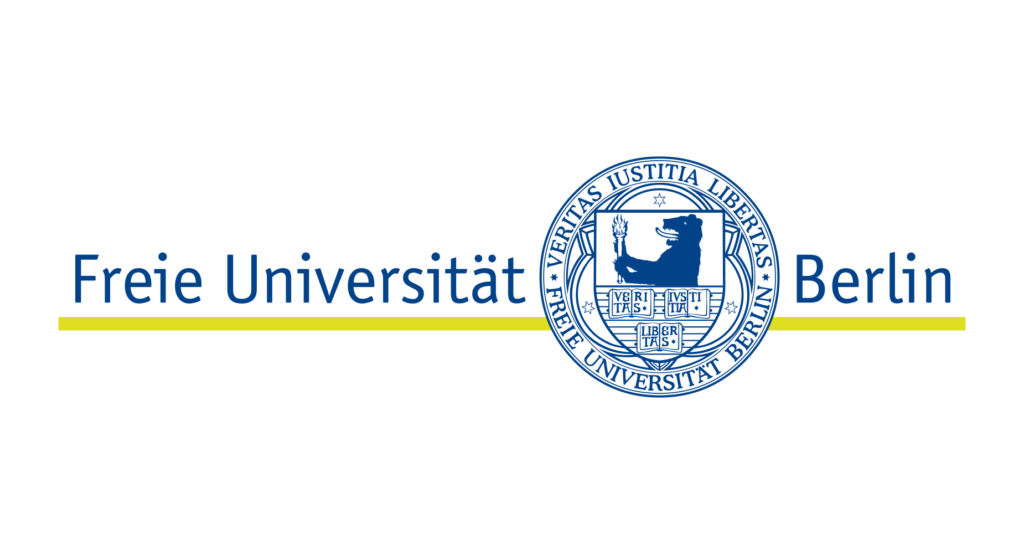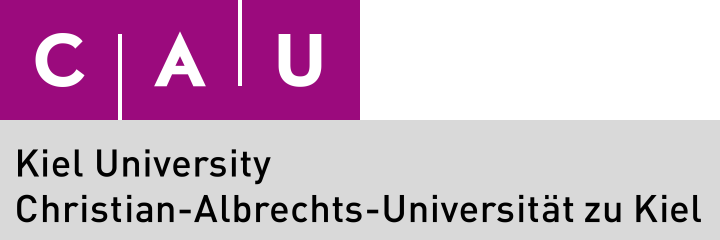
Beyond their great intrinsic value, tropical coral ecosystems provide a variety of ecological functions and socio-economic services. Marine heatwaves and mass bleaching events are a major threat to tropical coral reefs globally, affecting key physiological processes crucial to the functionality of corals, such as growth, and causing mass mortality. In order to better predict the future of coral reefs it is therefore necessary to advance our understanding of how corals respond to bleaching events, how these events impact coral calcification and whether corals can acclimatise and/or adapt to ocean warming. This project focuses on the use of geochemical proxies found in the skeleton of corals to reconstruct the frequency of past bleaching events and their effects on coral growth, particularly to identify signs of long-term acclimatisation or changes in the sensitivity towards such events. High-resolution geochemical (boron isotopes and trace elements) and calcification data from the skeleton of Porites corals will be used to: (1) reconstruct changes in coral growth and the calcifying fluid following episodes of increasingly more frequent bleaching events and (2) identify the potential for acclimatisation response to these events. This will provide new insights into the changes associated to thermal stress on the ability of corals to modulate the chemical conditions (upregulation of pH and carbonate ion) ultimately controlling the calcification of their skeleton. By documenting the effect of these bleaching events on coral skeletal growth, any signs of long-term acclimatisation with respect to calcification or changes in the sensitivity to these events would be identified. This timely study will therefore provide important information on the vulnerability of different coral species to bleaching under warmer ocean conditions allowing for the development of better reef management strategies that are urgently required to protect these precious ecosystems in the face of continuing anthropogenic climate change.
Principle Investigators
Juan Pablo D’Olivo (FU Berlin/UNAM Puerto Morelos)
Daniel Frick (Kiel University (CAU))
Project Scientist




